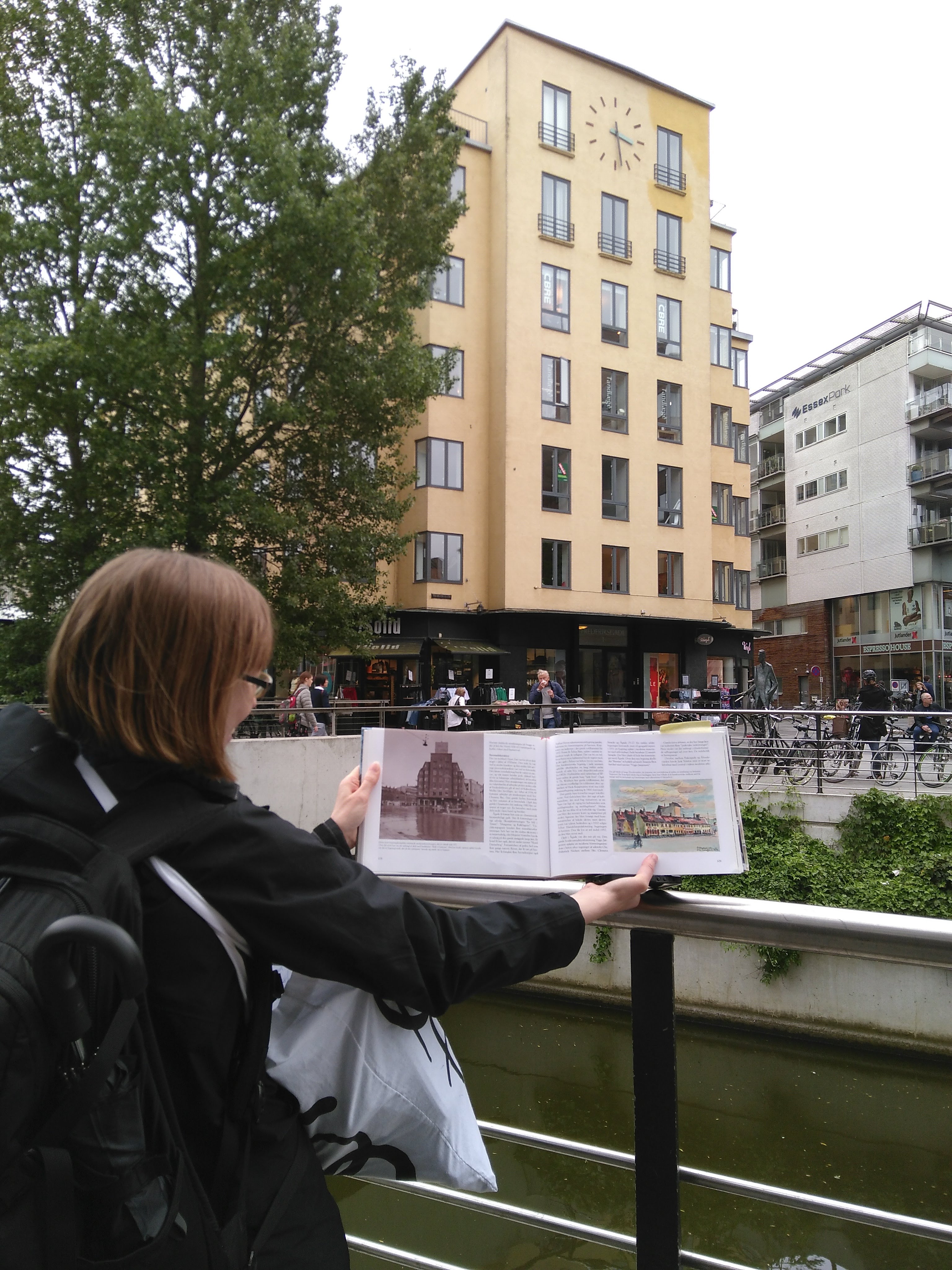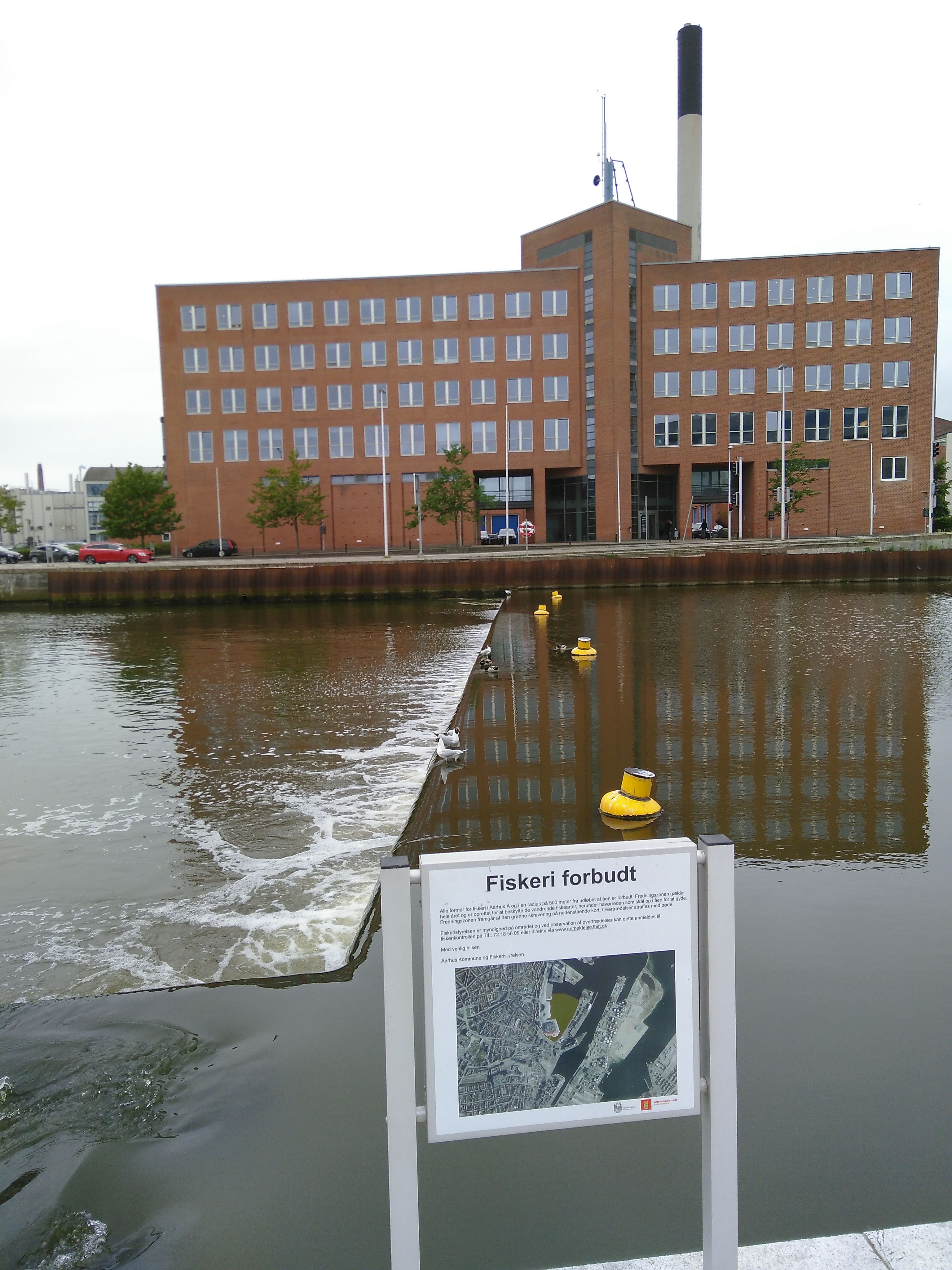Workshop sets stage for future collaborations


From June 11-13, 2019, the Centre for Environmental Humanities held the Masterclass “Water, Society, and Ecologies: Towards Situated Knowledges of Flows and Models”, a pilot workshop for a PhD course in collaboration with the University of Cape Town scheduled for February 2020.
The workshop was centered around Aarhus Å, giving participants a local and tangible focus for readings and discussions of water, municipal governance, and histories of urban infrastructures, as well as a concrete point of comparison with Cape Town and its many rivers.
The field trip on the first day included a riverside Pecha Kucha, where we shared our knowledge and conceptions of Aarhus Å, occasionally interrupted by the loud calls of the black-headed gull with whom we were sharing the promenade. We were fortunate in having attendees not just from different fields and disciplines, but also with different relations to the city and the river – some having been born here while the river was covered and hidden, others having lived here for a decade, others still being quite recent transplants to Aarhus.
The workshop split into groups exploring different parts of the stream, from Brabrand Lake to where it flows into the harbor. We all chose different points to focus on, resulting in a great variety of observations, questions and insights being brought back to the workshop the next day. Between us, we framed the stream in a variety of ways, viewing it through many different lenses: sociology, ecology, history, and literature.
Meanwhile, Lesley Green (Deputy director of Environmental Humanities South and Professor of Anthropology in the School of African and Gender Studies, Anthropology and Linguistics at the University of Cape Town) provided us with insights through her knowledge of water in Cape Town, raising new questions for us to ask of Aarhus Å through the comparison to the waters of Cape Town and demonstrating the potential of thinking together in the environmental humanities across the global north and the global south.
Not only did we all learn much about this body of water that flows through our city, we also laid the groundwork for the upcoming PhD course as well as for our longer-term collaboration with the University of Cape Town’s Environmental Humanities South program. CEH would like to thank everyone involved for making this an engaging and productive workshop.
